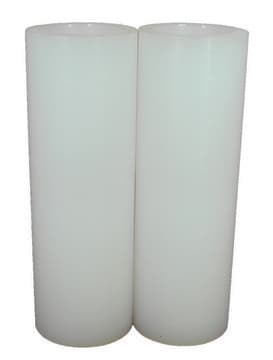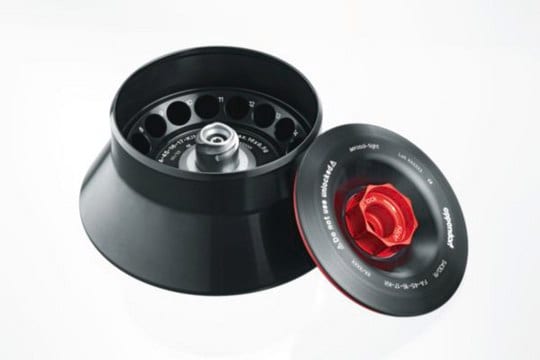CN34892
Acetonitrile
Preparateur, ≥99.9% (GC), Customized plastic drum
Synonym(s):
ACN, Cyanomethane, Ethyl nitrile, Methyl cyanide
About This Item
Recommended Products
vapor density
1.41 (vs air)
vapor pressure
72.8 mmHg ( 20 °C)
Assay
≥99.9% (GC)
form
liquid
autoignition temp.
973 °F
expl. lim.
16 %
impurities
≤0.005% free acid (as CH3COOH)
≤0.02% water (Karl Fischer)
≤1 mg/L non-volatile matter
color
colorless
transmittance
200 nm, >50%
220 nm, >90%
refractive index
n20/D 1.344 (lit.)
bp
81-82 °C (lit.)
mp
−45 °C (lit.)
density
0.786 g/mL at 25 °C (lit.)
format
neat
SMILES string
CC#N
InChI
1S/C2H3N/c1-2-3/h1H3
InChI key
WEVYAHXRMPXWCK-UHFFFAOYSA-N
Looking for similar products? Visit Product Comparison Guide
General description
Application
- Organic synthesis
- Liquid-liquid extraction, solid-phase extraction or microextraction.
- Spectrophotometric and fluorimetric techniques.
- Electrolytes in lithium-ion batteries
- Determination of pKa values of organic superbases using the isodensity polarization continuum model (IPCM).
Signal Word
Danger
Hazard Statements
Precautionary Statements
Hazard Classifications
Acute Tox. 4 Dermal - Acute Tox. 4 Inhalation - Acute Tox. 4 Oral - Eye Irrit. 2 - Flam. Liq. 2
Storage Class Code
3 - Flammable liquids
WGK
WGK 2
Flash Point(F)
35.6 °F - closed cup
Flash Point(C)
2.0 °C - closed cup
Choose from one of the most recent versions:
Already Own This Product?
Find documentation for the products that you have recently purchased in the Document Library.
Our team of scientists has experience in all areas of research including Life Science, Material Science, Chemical Synthesis, Chromatography, Analytical and many others.
Contact Technical Service










